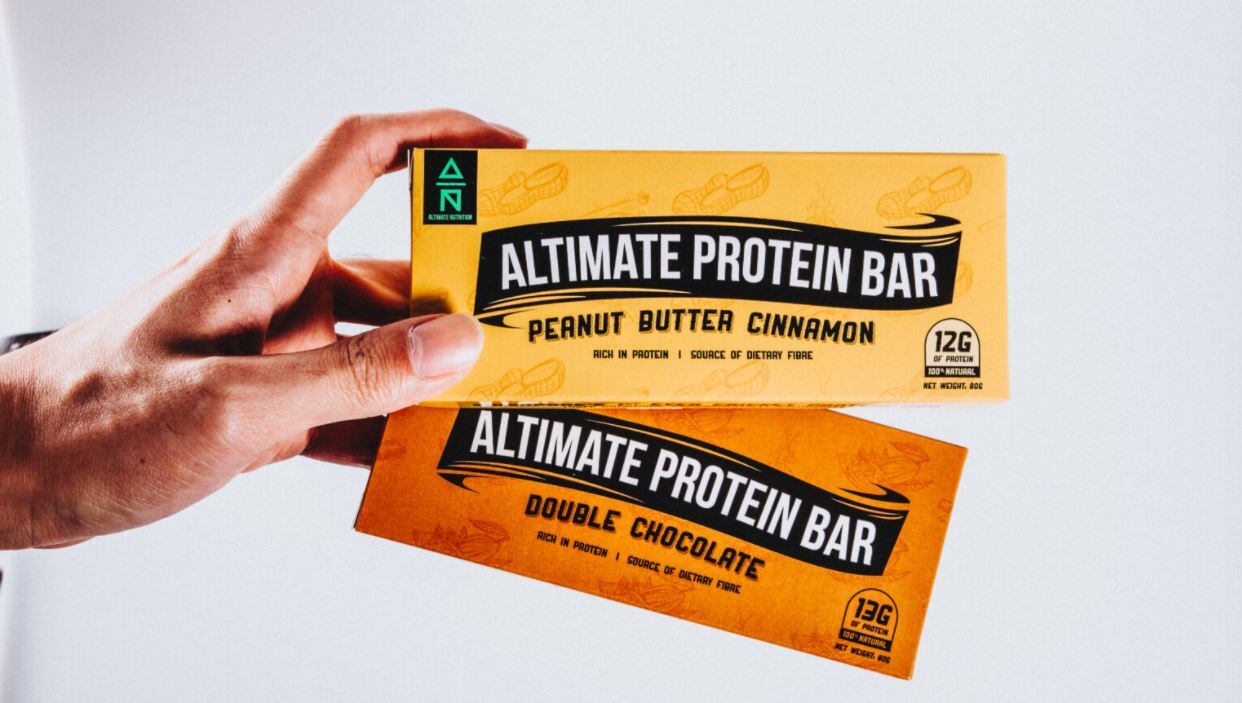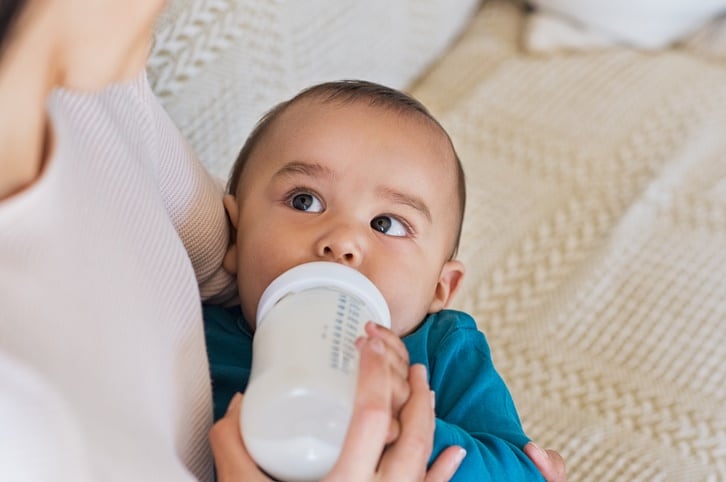Sixty-one per cent recommended vitamin C, 60 per cent recommended vitamin B complex, 48 per cent for multivitamins/minerals, 40 per cent for zinc, and 27 per cent for omega-3.
The electronic survey was conducted by a group of researchers from Jakarta, Yogyakarta, and Taipei. Survey findings were recently published in Nutrients.
The survey was designed to find out the barriers associated with dietitians’ adherence to clinical guidelines of nutrition care for hospitalised COVID-19 patients.
Conducted between November last year and January this year, the survey was sent to social media groups of Indonesian dietetic association networks, where there were an estimated 210 dietitians working in 44 hospitals across the country from these networks.
Sixty-two of them completed the online questionnaire, giving a response rate of 29.5 per cent.
One finding was that 90 per cent of them took supplements and also recommended supplements to their patients.
The researchers said that this was despite the fact that there was insufficient data to either recommend for or against the use of supplements for treating COVID-19, based on the COVID-19 Treatment Guidelines Panel under US’s National Institutes of Health (NIH). Nonetheless, the panel acknowledged that there have been studies to assess the efficacy of vitamins and minerals for prevention and treatment.
“Some clinicians advocate for the use of vitamin and mineral supplements to treat respiratory viral infections. Ongoing studies are evaluating the use of vitamin and mineral supplements for both the treatment and prevention of severe acute respiratory syndrome coronavirus 2 infection,” the panel said.
A systematic review and meta-analysis published in May showed that individuals without micronutrient deficiencies have a lower risk of COVID-19 infection.
Another study showed that vitamin D deficiency, together with obesity and diabetes are linked to higher rates of COVID-19 infection and mortality.
Personalised diets
The survey also found that nearly seven in 10 dietitians had designed personalised diets for hospitalised COVID-19 patients.
Of which, 68 per cent had modified the protein content and 63 per cent modified total energy amount.
Lack of clear guidelines
The dietitians feedback a lack of clear guidelines to help them make nutrition recommendations to COVID-19 patients.
Some also said that they had inadequate experience or knowledge, a lack of confidence in performing nutrition care, a lack of resources, limited food supply and budget, as well as a lack of access in meeting the patients.
“Our study results indicate that adherence to COVID-19 nutrition guidelines is associated with better nutritional management and, possibly, better clinical outcomes.
“A further validation study is needed in order to provide some definitive guidance on how to implement nutrition guidelines, as well as how the adherence to COVID-19 nutrition guidelines may affect medical cost and economy during the ever-changing COVID-19 pandemic,” the researchers concluded.
Source: Nutrients
Adherence to COVID-19 Nutrition Guidelines Is Associated with Better Nutritional Management Behaviors of Hospitalized COVID-19 Patients
https://doi.org/10.3390/nu13061918
Authors: Faradina, A and et al





